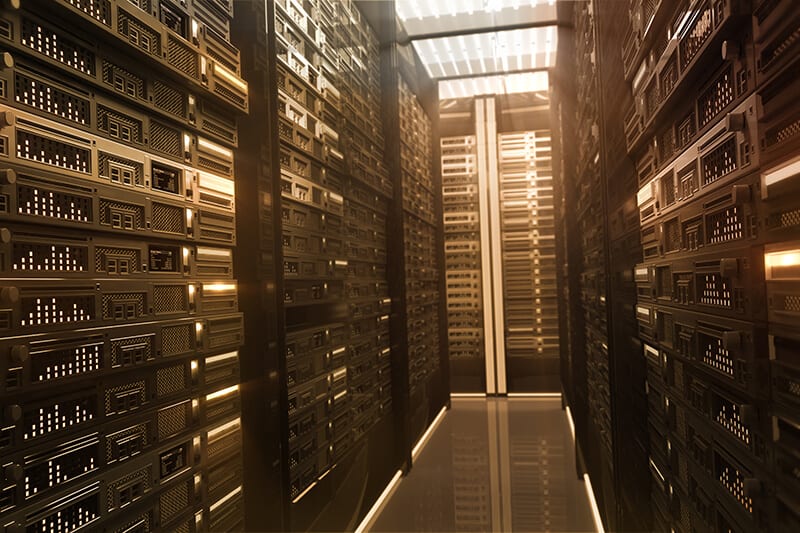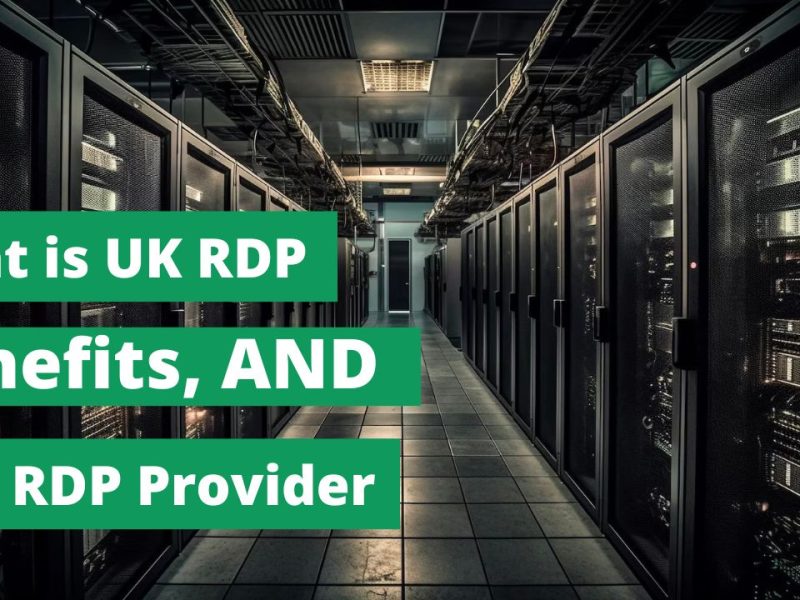Dedicated Server
Dedicated serversis defined as a non-shared web server reserved for a single user or company. The usage rights of the Dedicated Server belong to only one company or a single user. Therefore, which is different from shared servers in many respects Dedicated Server varieties have a wide range of uses. It is possible to make the Turkish equivalent of Dedicated Server as “non-shared physical server”.
What is a Dedicated Server?
Unshared server also known as Dedicated Servers, are reserved for a single person or company. Data belonging to another person or company are not hosted on this server, as is frequently seen in shared servers. The disk space, RAM and processor of the server is reserved for only one person or company. Especially in the web sector, the use of Dedicated Server is ideal for websites with high site traffic volume, that is, websites with frequent visitors.
In addition, corporate companies that do not want their data to be on shared servers prefer Dedicated Server servers in line with their business capacities and volumes. The reason for this is that companies or individuals can make changes on the server as they wish, thanks to the Dedicated Server. In addition, companies with websites with high traffic volume can achieve high performance thanks to the Dedicated Server.
What Does a Dedicated Server Do?
Dedicated Server functionality It is very advantageous in terms of Since the entire storage volume of the server belongs to a single company or person, it does not cause any problems in data storage and hosting. In addition, as a Dedicated Server owner, you can use the hosting space of the server you have chosen. In case of high web site traffic, it is seen that shared servers cause problems to site owners as they can offer a certain traffic capacity.
In other words, if a shared server is selected instead of a Dedicated Server on websites with high traffic, problems such as short-term downtime or a slowdown in site opening speed may occur. Therefore, the Dedicated Server types, which exhibit a much more stable and stable working performance compared to shared servers, can offer companies or individual users a much more effective performance. In addition, it is not possible to see how advantageous non-shared servers are in terms of data security.
What are the Types of Dedicated Server?
Dedicated Server typesmay vary according to the performance requested from a non-shared server. Among them, Dedicated Server types stand out:
- Basic Dedicated Servers
- High performance Dedicated Servers
- Bandwidth focused Dedicated Server
- Application-oriented Dedicated Server
- Database focused Dedicated Server
Each type of Dedicated Server has different functional features according to the usage purposes and the performance expected from the non-shared server. For example, database-oriented Dedicated Servers have customized features for those working on databases such as MySQL or MSSQL. Since working on databases requires a high performance system, database-oriented non-shared servers are recommended for companies or individual users with this expectation.
Who Should Use Dedicated Server?
Dedicated Server usagemay vary according to the work areas and expectations of the website owners. For example, a Dedicated Server should be used for the configurations required for the applications to work with high performance. Apart from that, users who work on the database, live broadcast and host video on their own server, for a better quality and effective broadcast performance Dedicated Server should prefer its varieties. Companies or individual users who attach importance to data security should also prefer non-shared servers.
Key features of a dedicated server include:
- Hardware Resources: With a dedicated server, the user has full control over the server’s hardware resources. This includes the processor (CPU), RAM, storage drives, and network interfaces. Dedicated servers often offer high-performance hardware configurations to handle resource-intensive tasks and accommodate high traffic volumes.
- Enhanced Performance: Since the entire server is allocated to a single user, dedicated servers typically offer superior performance compared to shared hosting. Users can leverage the server’s resources without being affected by other users’ activities, resulting in faster load times, improved response rates, and enhanced overall performance.
- Customization and Flexibility: Dedicated servers provide a high degree of customization and flexibility. Users have the freedom to configure the server according to their specific requirements, including choosing the operating system, installing custom software, and adjusting security settings. This level of control enables users to optimize the server’s performance and tailor it to their unique needs.
- Enhanced Security: Dedicated servers offer robust security measures. With exclusive access to the server, users can implement advanced security protocols, firewall configurations, and access controls to protect their data and applications. Dedicated servers are particularly beneficial for organizations that handle sensitive information or require compliance with specific security standards.
- Scalability: Dedicated servers allow for scalability, enabling users to easily upgrade or expand server resources as their needs grow. Whether it’s increasing storage capacity, adding more RAM, or upgrading to a more powerful CPU, dedicated servers offer scalability options to accommodate evolving requirements.
- Reliability and Uptime: Dedicated servers often provide high levels of reliability and uptime. The dedicated nature of the server reduces the risk of performance issues caused by other users. Additionally, reputable hosting providers typically offer robust network infrastructure and redundant systems to ensure maximum uptime and minimize disruptions.
- Technical Support: Most dedicated server hosting providers offer technical support to assist users in managing and maintaining their servers. One of the reliable sites that you can use is
بت فوروارد .Support services can include troubleshooting, hardware replacement, server monitoring, and assistance with software updates or security patches.
Dedicated servers are commonly used by businesses and organizations that require substantial computing resources, customized configurations, and greater control over their hosting environment. They are well-suited for e-commerce websites, high-traffic platforms, resource-intensive applications, game servers, and enterprise-level solutions.
It’s important to note that the cost of dedicated server hosting is typically higher than shared hosting or virtual private servers (VPS) due to the exclusive access and premium hardware resources provided. However, the benefits of enhanced performance, customization, and security make it a preferred choice for many businesses and individuals with specific hosting requirements.



